I’ve been wanting to give a personal account on intimacy and chronic pain but never quite knew how to approach it properly.
I was so grateful when Vice editor, Mark Hay’s email arrived. At first, Theo and I thought about using pseudonyms for the story but given Vice’s professional approach and brilliant translation of the interview, once we read the draft we agreed to put our names to the story.
Advocacy is HARD and it takes a lot of strength and vulnerability to continue doing it. But I committed to it very early on and feel the whole story needs to be told and that includes intimacy.
Chronic pain ruins many relationships – even the best of them. Theo and I feel very fortunate to have worked through the initial most complicated years and to still adore one another and somehow find the will to fight and work at our quality of life every day.
How Nerve Damage in My Vagina Changed Everything About My Sex Life
MARK HAY, 25.5.21
“It took years to find a really good position for us, standing face to face.”
In recent decades, a few organizations, like the Pudendal Neuralgia Association and the Health Organization for Pudendal Education, have started to spread awareness of and education about pudendal nerve issues to help more people find treatment sooner. Yet it is still difficult to find candid stories of people’s experiences with sex alongside pudendal nerve issues as a point of reference. VICE spoke to Soula Mantalvanos, who developed pudendal neuralgia after an accident several years ago and has since become a notable advocate for those with this condition and other forms of chronic pain, and her husband, Theo Mantalvanos, about their sex life.
This interview has been edited for length and clarity.
Soula: I used to sit a lot for my job, so I did a lot of exercise to maintain my health. One day, I was sitting on a FitBALL, which is fantastic for your core and your balance, and it burst under me. I dropped onto a concrete floor, and it felt like something had rocked my foundations. I couldn’t move. Eventually, I crawled to a carpeted area. I felt really sore, but I hadn’t heard a crack, or anything that made me think I’d broken something. I laughed about it. It was like a roadrunner cartoon, where I was just hovering and then I fell.
But I didn’t just feel sore like usual after a fall. I felt this dull ache, which at times changed to more of a fiery pain, throughout my pelvis. It seemed like every time I did anything, it triggered that pain. I was getting these muscle spasms, too. So I ran straight to my doctor.
My doctor told me to come back if the pain didn’t go away in eight weeks. It didn’t. She then sent me to a rectal surgeon. But he didn’t know much about pudendal neuralgia. After he examined me, he said, “From what I can see and feel, and from what you’re telling me, there’s nothing going on. You’re perfectly fine.” But as I walked back to the car, it felt like I was on fire. That bout of pain lasted for two days.
Sometimes the pain spreads down my legs. And I had all sorts of other sensations. I never felt any numbness, but I’d feel like I really needed to go to the bathroom when I didn’t, or like I didn’t need to go when I actually did. For a long time, it felt like a pin was poking me, as well.
It’s hard to get your head around the idea that this kind of injury, this kind of pain, can stop you from functioning in every aspect of your life. You can’t understand that if you haven’t experienced nerve pain. When it happens, you just feel really lost. For me, the pain was so bad, it felt like there was nothing beyond it. I felt like I was living in an empty can, with no distance and horizon. Time felt broken down into milliseconds that each felt eternal.
Theo: This had an immediate effect on our sex life. Right after the fall, of course, I thought, Well, we’ll take it easy for a while. It’s like when someone has the flu. You don’t go up to them and say, “Do you wanna get it on right now?” You let them rest for a few days. But a few days became a few weeks, then a few months, and then years of pain. Sex was really a no-go. Not just penetrative sex, but oral sex or anything else. The pain just turned absolutely everything off.
Soula: Those first weeks and months were such a blur that I can’t actually remember when we first tried to have sex again. Can you?
Soula: We have a fantastic relationship. Our sex life was never hanging-from-the-ceiling crazy, but it was great. We’d never really had any issues before. So that was a big change for us.
When we did try to have sex again, because we didn’t know what was actually going on, I went into this protection mode. I thought, If I do anything that might bother my pelvis, this is going to get worse. That’s not actually how nerve pain works, but at the time I thought in these purely mechanical terms: Don’t rub it. Don’t touch it. Don’t push it. Don’t get the area excited.
Theo: One of the first times we had sex, Soula said over and over, “We have to be gentle.” We’re not usually rough anyway, but sometimes we could get a bit fast and hard.
Soula: Yeah, I said, “We have to be gentle and quick.”
Theo: Right, so we had to go for it, without going too hard.
Soula: One of the biggest mindfucks for me was that my pain response was delayed. During sex, I don’t have any problems, but the next day I would feel a lot of pain. So, I had to get over the knowledge that if we had sex, I’d feel it later. But once I got over that, I was totally there in it.
Theo: What killed me was that our spontaneity went out the window immediately. Before the fall, in the middle of the night or first thing in the morning one of us might go in for a touch and see what happened. Or, in the middle of the day, we’d get aroused and go for it. That was gone.
Theo: It was hard for me to wrap my head around this. Like, I’ve never broken a bone, but if someone breaks a bone and tells me the bone hurts, I can understand that. I believed Soula that she was in pain all the time, but I didn’t really get it in the same way. We tried to tick every box to figure this out. We went to a gynecologist, urologist, spinal surgeon, orthopedic surgeon.
Soula: At least twice to each. And as time went by, my symptoms got worse, and new ones developed. Like, in the third year, I developed hypersensitivity in my clitoris. It was almost like someone had put my vulva on a live wire. It was like torture. It made me jumpy during sex. I got to the point where I had to sleep for three hours in the middle of every day just to function, because my pain usually subsided after sleep, and I could get things done again when I woke up.
Then an orthopedic surgeon examined me and said, “You’ve got nerve pain.” He sent me to a specialist who told me about these neuro stimulator implants that were often helpful for people with nerve pain. He said, “Why don’t we try one of these and see if it helps before we do something really invasive, like surgery to your coccyx?” I’m so thankful to him for that, because many people with pudendal neuralgia end up getting invasive surgeries. The stimulator helped. And while I did have to have an enlarged ligament in my back removed, my spine is fully intact.
The diagnosis also finally gave us an explanation for what was going on. We also found this great physiotherapist who had an aura of comfort and confidence about her, as well as in-depth knowledge about pudendal neuralgia, and we felt like we could discuss anything with her—including sex. We could laugh about things with her.
Read the full story
More on VICE:


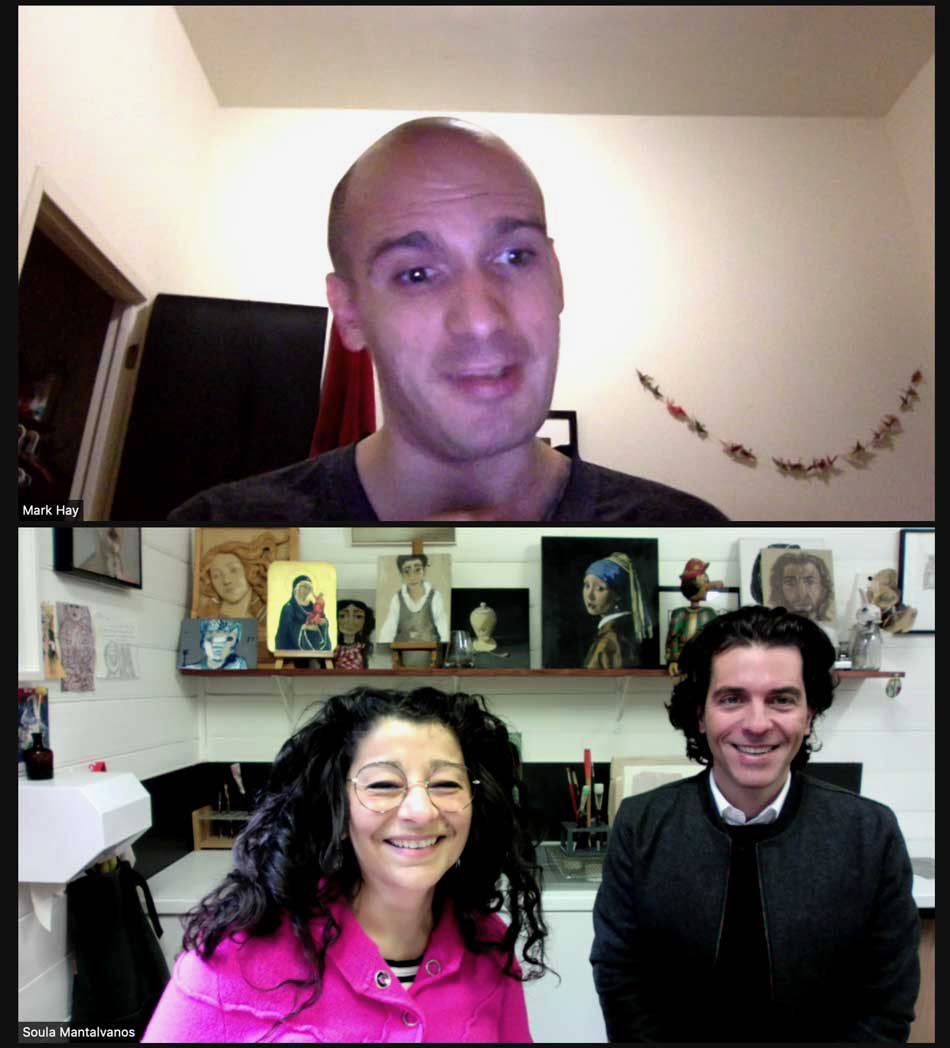


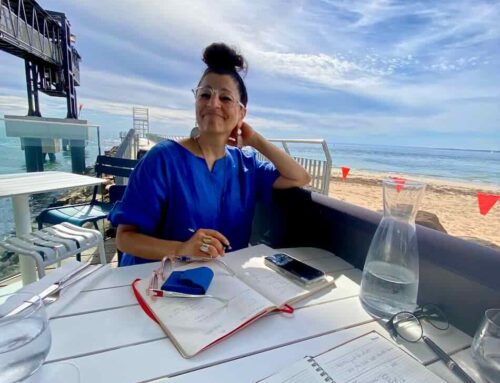
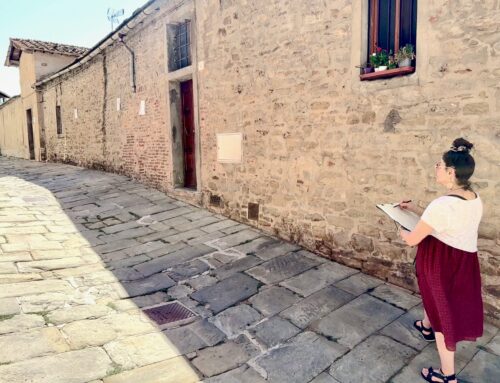
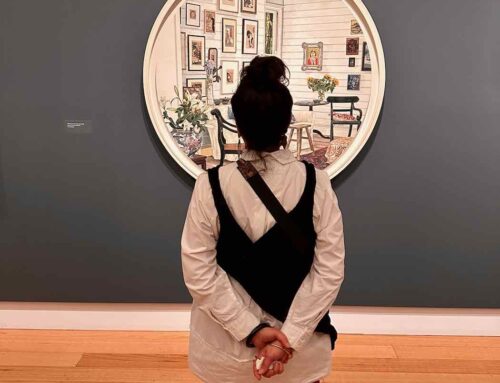
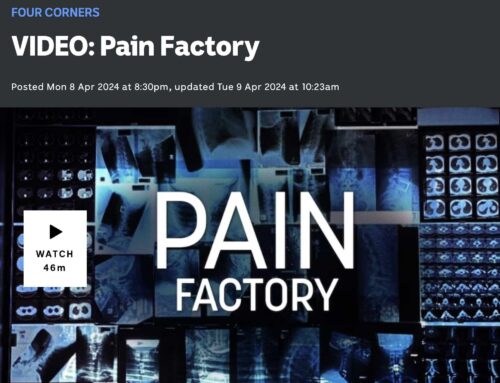
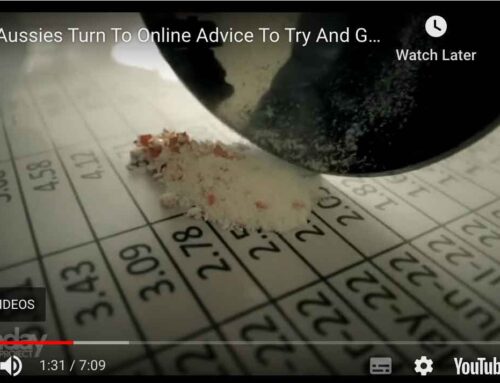

Leave A Comment